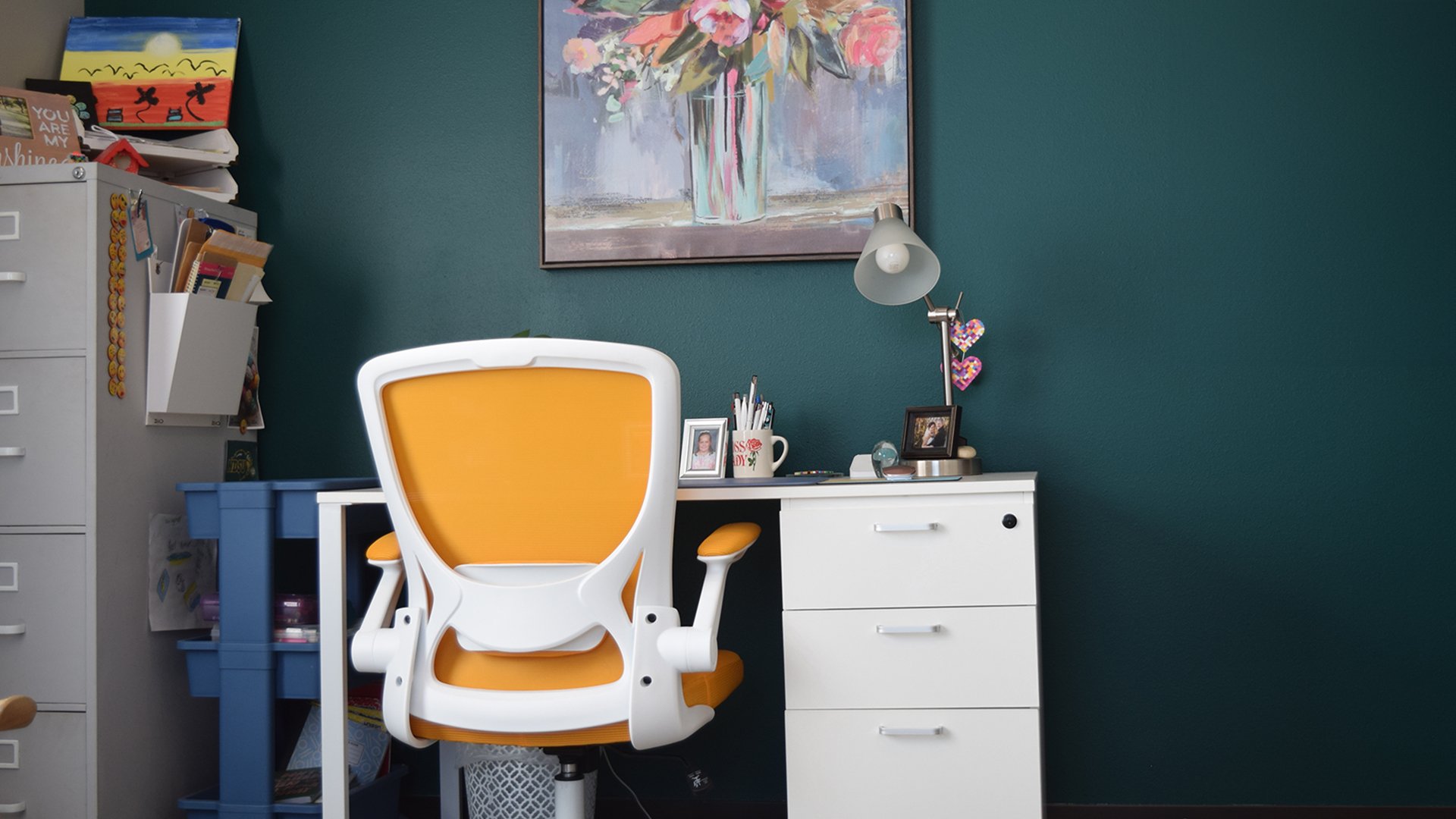
Frequently Asked Questions
Therapy at Embark
What can I expect at my first appointment at Embark Mental Health?
Please arrive at least 15 minutes prior to the scheduled appointment with your completed intake forms. This will help us know the reason(s) you are seeking services and how we can assist you. The therapist will meet with you for approximately 45-55 minutes. At this first session you will be asked questions to clarify your current situation, past history, family history, support systems, etc. Your therapist will discuss treatment options with you and work with you to set therapy goals.
Will anyone be told I have come to Embark Mental Health?
No. Embark Mental Health has a confidentiality policy, follows HIPPA guidelines, and will not release information without permission, except in a few situations that your therapist will review with you.
Who can be seen for therapy at Embark Mental Health?
Children (starting at age 5), adolescents, adults, and couples (relationship issues, premarital work, marital issues). If it is a mental health emergency, do not wait for an appointment. Call 911, go to an ER, call 211, or go to Avera Behavioral Health Assessment 605-322-4065.
Is there a video visit option for therapy?
Yes. At Embark Mental Health we use a HIPPA compliant platform to deliver therapy sessions via video or telehealth. Currently during the pandemic, certain insurances are reimbursing telehealth therapy services. For more information regarding telehealth services see our COVID-19 section of the website.
About Therapy
If I begin therapy, how can I gain the most from it?
There are many approaches to therapy that may occur–including individual, couples, parental support, family, and through telehealth delivery. There is variety in evidence-based techniques to incorporate in therapy. Therapy is a two-way process that works best when you and your therapist communicate openly. Research shows that the outcome of therapy is improved when the therapist and the person agree early about what the major problems are and how therapy can help.
You and your therapist are both responsible in establishing and maintaining a good working relationship. Be clear with your therapist about your concerns that may arise. Therapy works best when you attend all scheduled sessions and think about what you want to discuss during each session.
Therapy isn’t easy. But individuals willing to work in close partnership with a therapist often find relief from their emotional distress and begin to see the desired change in their lives.
What does research show about the effectiveness of therapy?
According to a research summary from the Stanford University School of Medicine, therapy effectively decreased peoples’ depression and anxiety related physical symptoms–such as pain, fatigue, and nausea. Therapy has also been found to increase survival time after heart surgery, for people with cancer, and it can have positive effects on the body’s immune system. Research increasingly supports the idea that emotional and physical health are closely linked and that therapy can improve a person’s overall health status. (Adapted from the University of Connecticut website.)
Why do people consider using therapy?
Therapy is a partnership between an individual/couple and a licensed therapist who is trained to help people understand their feelings and assist them with changing their behavior. People often consider therapy under the following circumstances:
- They feel an overwhelming and prolonged sense of sadness and helplessness in their futures.
- Their emotional difficulties make it hard for them to function day to day. For example, they are unable to concentrate on work, school, or home life.
- Their actions are harmful to themselves or others.
- They could be kids whose feelings have gotten too big to manage themselves.
- When they feel stuck in their situation or an unhelpful thinking pattern.
- Their relationship feels strained or distant.
- They just need someone to talk to.
Isn’t it better for me to solve my own problems?
A therapist doesn’t solve your problems for you. Therapists help you clarify issues, so you can solve problems through evidenced-based techniques, support, and expertise. The goal of therapy is help support you in difficult times and develop strategies for you to use independently outside of therapy.
If I go to Embark Mental Health for help, does it mean there is something wrong with me?
No. People are interested in their personal growth; that growth may require adjustments in their lives. At some point, everyone faces situations that could create worry, anger, loneliness, helplessness, or sadness. At Embark Mental Health, we are licensed mental health therapists who help explore coping strategies, provide active listening, and support mental health as a part of overall health.
How can I evaluate whether therapy is working?
As you begin therapy, you should establish a good working relationship with their therapist and clear goals for sessions. Perhaps you want to overcome feelings of hopelessness that come with depression. Or maybe you would like to address your worry that interrupts your daily life.
After a few sessions, it is a good sign if you feel the experience is a joint effort and that you and your therapist have a comfortable relationship. You should be open with your therapist if you have concerns regarding your progress in therapy; techniques may need to be adjusted to promote further progress. Once you have been in therapy awhile, it is possible another referral is needed. Talk to your therapist about this, we want to help you get to the right resource.
You may feel a lot of emotions during therapy. It might be hard for you to discuss painful events or symptoms. When this happens, it can actually be a positive sign that you are starting to explore your thoughts, feelings, and behaviors.
You should spend time with your therapist reviewing your progress. Although there are other considerations affecting the duration of therapy, success in reaching your therapy goals should be an important factor in deciding when you should end therapy.


